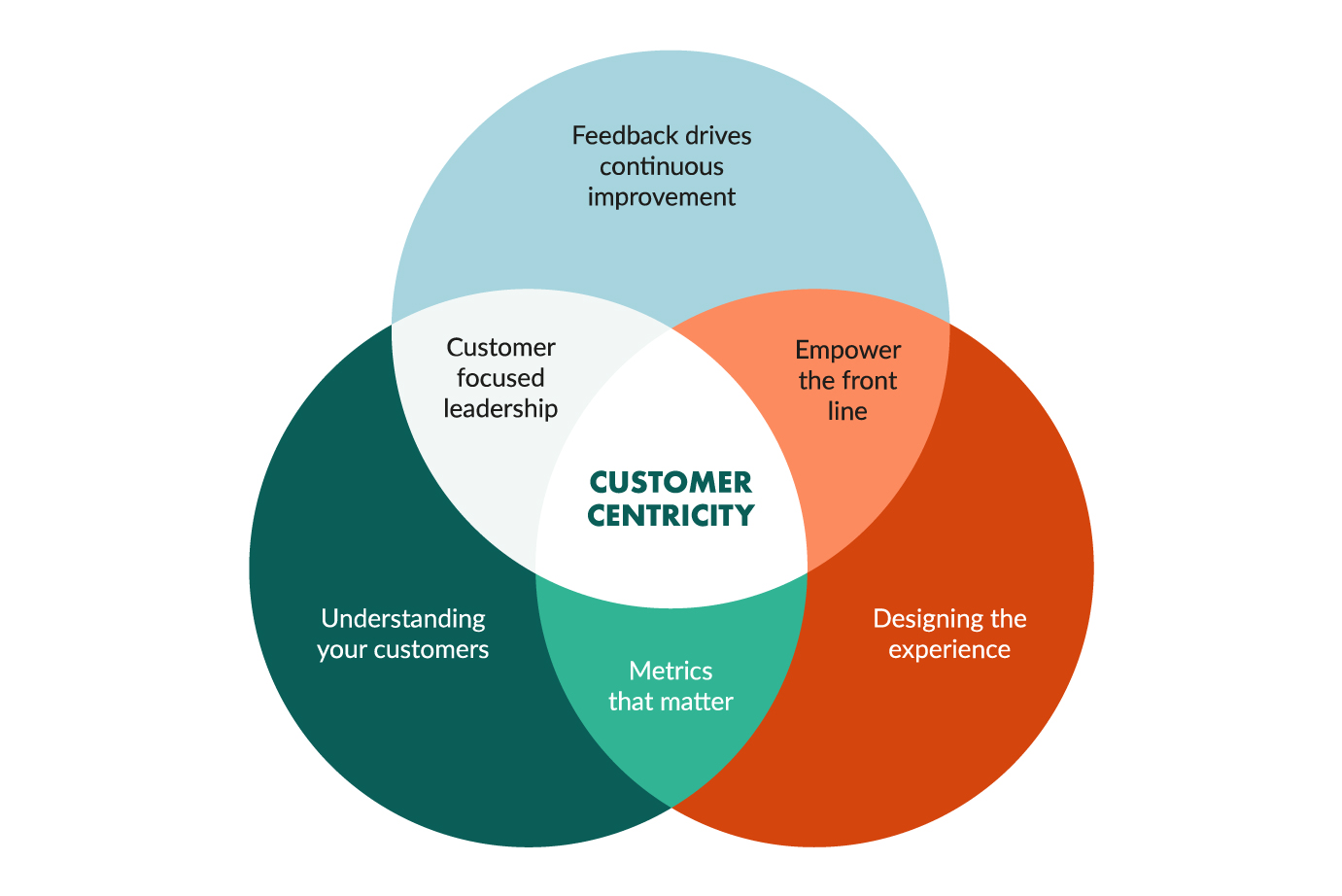Customer-Centric
What is Customer-Centric?
Definition:
“Customer-Centric” refers to a business approach and philosophy that places the customer at the center of all decision-making processes, strategies, and operations. In a customer-centric model, organizations prioritize understanding and meeting the needs, preferences, and expectations of their customers to enhance overall satisfaction and build lasting relationships.
Analogy:
Think of Customer-Centric as a hospitality-focused host. Similar to a host who prioritizes the comfort, preferences, and enjoyment of guests, a customer-centric business prioritizes the needs and satisfaction of its customers in every aspect of its operations.
Further Description:
A customer-centric approach involves gathering and analyzing customer feedback, understanding their journey, and tailoring products, services, and experiences accordingly. It often goes beyond mere transactions to focus on building long-term relationships and fostering customer loyalty. This business philosophy is driven by the belief that a satisfied customer is more likely to become a loyal advocate, positively influencing brand reputation and attracting new business.
Why is Customer-Centric Important?
- Enhanced Customer Satisfaction: By focusing on customer needs, businesses can deliver better products and services, leading to higher satisfaction levels.
- Brand Loyalty: Customer-centric businesses prioritize building relationships, leading to increased loyalty and repeat business.
- Competitive Advantage: A customer-centric approach sets businesses apart by creating a positive and memorable customer experience, contributing to a competitive edge.
Examples and Usage:
- Retail: A customer-centric retail strategy involves personalized shopping experiences, targeted promotions, and easy return policies to enhance customer satisfaction.
- Online Services: Platforms that prioritize user experience, gather feedback, and continuously improve their services based on customer needs demonstrate a customer-centric approach.
- Hospitality: Hotels and restaurants adopting a customer-centric model focus on delivering exceptional service, anticipating guest needs, and creating a memorable stay or dining experience.
In summary, being Customer-Centric is adopting a business philosophy where customer needs and satisfaction are central to decision-making, strategy, and operations.
Key Takeaways:
- Customer-centric refers to a business approach that prioritizes customer needs, preferences, and satisfaction.
- It involves understanding the customer journey, gathering feedback, and tailoring products and services accordingly.
- Benefits include enhanced customer satisfaction, increased brand loyalty, and a competitive advantage.
- Examples include retail strategies, online services, and the hospitality industry.





